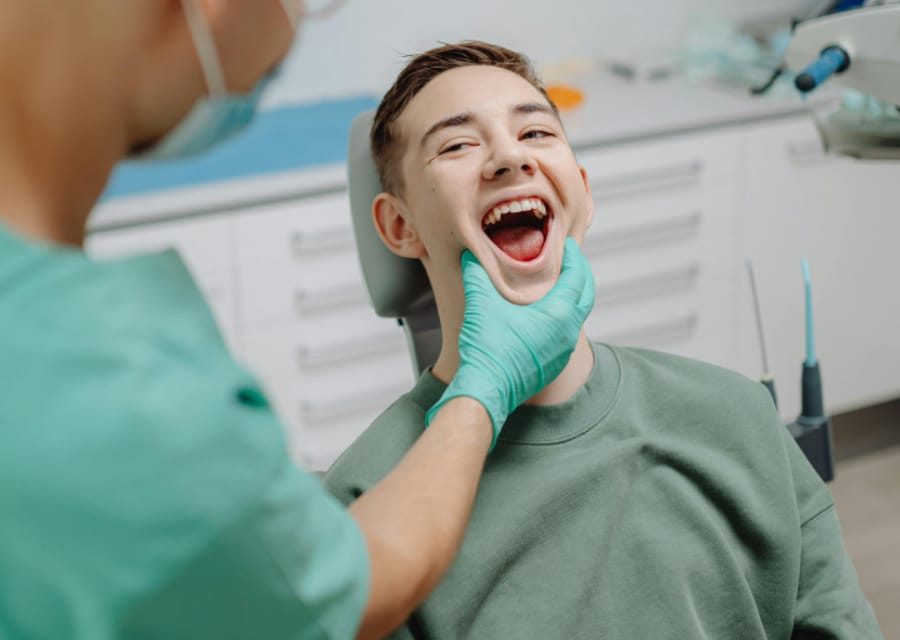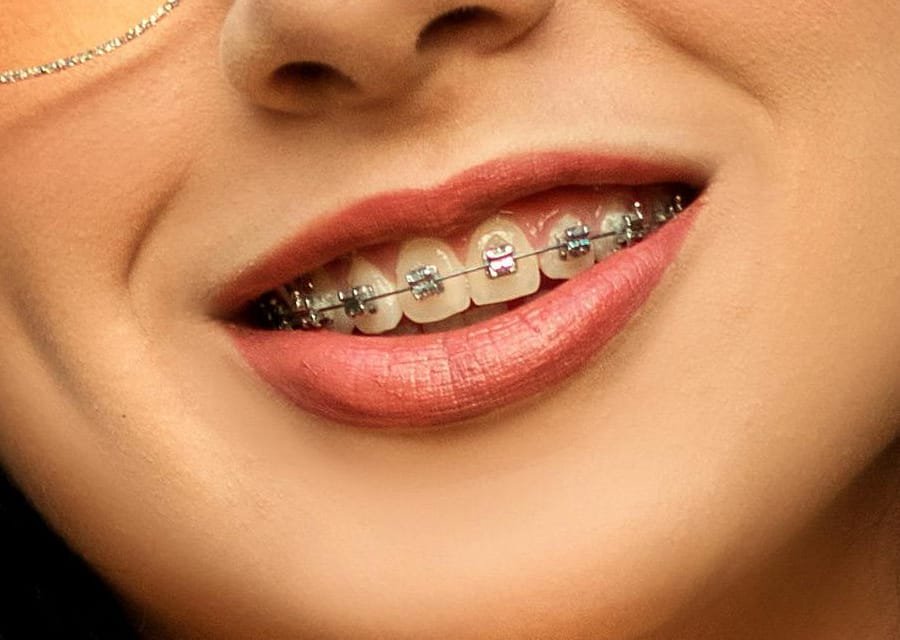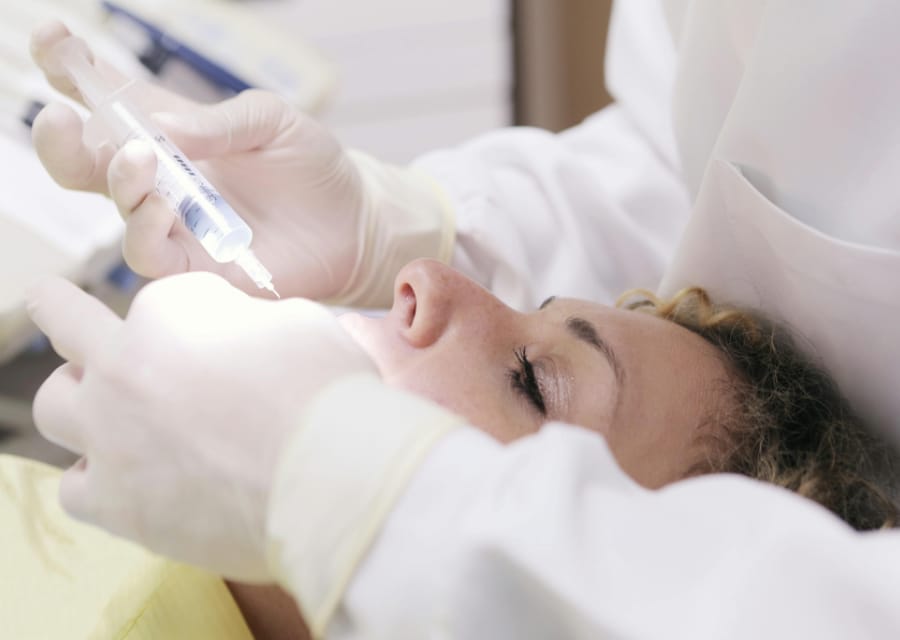
Maxillofacial trauma refers to injuries involving the face and jaw, which can occur due to accidents, falls, sports injuries or violence. These injuries can significantly impact both physical appearance and
functionality, making prompt and effective care essential. In this blog post, we will explore the importance of maxillofacial trauma care, the typical approach to treatment, and why seeking specialized care is crucial for recovery.
What is Maxillofacial Trauma?
Maxillofacial trauma encompasses a wide range of injuries affecting the bones, soft tissues and teeth of the face and jaw. Common types of injuries include:
- Fractures: Breaks in the bones of the face, such as the jaw (mandible), cheekbones (zygomatic) or nasal bones.
- Lacerations: Cuts or tears in the skin or mucous membranes of the face.
- Dental Injuries: Damage to teeth, including fractures or displacements.
- Soft Tissue Injuries: Damage to facial muscles and skin, often resulting from blunt or sharp trauma.
These injuries can lead to functional impairments, such as difficulty chewing or speaking and can also have psychological effects, impacting self-esteem and quality of life.
The Importance of Maxillofacial Trauma Care
1. Restoring Functionality
One of the primary goals of maxillofacial trauma care is to restore the patient’s ability to eat, speak and perform other daily activities. Injuries can lead to misalignment of the jaw or loss of teeth, which can significantly impair functionality. Specialized care ensures that the proper alignment and functionality of the facial structures are restored.
2. Aesthetic Considerations
Facial injuries can affect a person’s appearance, leading to emotional distress and decreased self-confidence. Comprehensive maxillofacial trauma care focuses on both functional and aesthetic outcomes, helping patients regain their pre-injury appearance through reconstructive techniques.
3. Preventing Complications
Without appropriate treatment, maxillofacial injuries can lead to complications, including chronic pain, infections or long-term dental issues. Prompt care by specialists can prevent these complications, leading to better overall health outcomes.
4. Psychological Well-Being
Facial injuries can take a toll on mental health, leading to anxiety, depression or social withdrawal. Addressing both the physical and emotional aspects of trauma is crucial. Maxillofacial trauma care includes support and counseling to help patients cope with their experiences.
The Approach to Maxillofacial Trauma Care
Maxillofacial trauma care typically involves several key steps, from initial evaluation to long-term follow-up.
1. Initial Assessment
When a patient presents with facial trauma, the first step is a thorough assessment. This may include:
- Medical History: Understanding the circumstances of the injury and any relevant medical history.
- Physical Examination: Evaluating the extent of the injuries, including swelling, lacerations and any visible fractures.
- Imaging Studies: X-rays, CT scans or MRIs may be ordered to assess the extent of bone injuries and plan treatment.
2. Immediate Treatment
Depending on the severity of the injuries, immediate treatment may be necessary. This can include:
- Wound Care: Cleaning and suturing lacerations to prevent infection.
- Stabilization of Fractures: Using splints or other devices to immobilize fractures and promote healing.
- Pain Management: Administering pain relief medications to manage discomfort.
3. Surgical Intervention
In many cases, surgical intervention may be required to address more complex injuries. Surgical options may include:
- Fracture Reduction: Realigning broken bones and stabilizing them using plates, screws or wires.
- Reconstructive Surgery: Repairing soft tissue injuries or reconstructing facial features to restore appearance.
- Dental Rehabilitation: Addressing any dental injuries, which may involve crowns, bridges or implants.
4. Post-Operative Care
After surgery, patients will require follow-up care to monitor healing and manage any complications. This may include:
- Regular
Check-Ups: Monitoring the healing process and ensuring proper alignment of facial structures. - Physical Therapy: Assisting patients in regaining full functionality and mobility of the jaw and facial muscles.
- Psychological Support: Providing resources or counseling to help patients cope with emotional challenges.
5. Long-Term Follow-Up
Maxillofacial trauma care doesn’t end after the initial treatment. Long-term follow-up is essential to ensure that patients fully recover and address any ongoing concerns. This may involve additional surgeries or treatments to achieve optimal results.
Why Choose Specialized Care?
Selecting a healthcare provider experienced in maxillofacial trauma care is crucial for achieving the best outcomes. Here are a few reasons to seek specialized care:
Expertise and Experience
Maxillofacial surgeons are trained specifically to handle complex injuries to the face and jaw. Their expertise ensures that patients receive comprehensive care tailored to their individual needs.
Advanced Technology
Specialized practices often have access to advanced diagnostic tools and surgical technologies, leading to more precise assessments and effective treatments.
Multidisciplinary Approach
Maxillofacial trauma care often involves a team of specialists, including surgeons, dentists, physical therapists and psychologists. This collaborative approach ensures that all aspects of a patient’s recovery are addressed.
Conclusion
Maxillofacial trauma care is vital for restoring functionality, aesthetics and psychological well-being after facial injuries. Understanding the importance of specialized treatment can help patients make
informed decisions about their care. If you or a loved one has experienced facial trauma, don’t hesitate to seek help from a qualified maxillofacial specialist. Early intervention can significantly impact recovery and improve quality of life. For more information or to schedule a consultation, contact our office today. Your journey to healing and restoration begins with us!
To schedule an appointment at ‘Sukumar Dental Clinic’ call +91-74182 10108 or WhatsApp Dr. Sukumar at +91-96552 25002. We take pride in having the top dental clinic in Palayamkottai, Tirunelveli. Alternatively, you can email us at info@sukumardental.com


